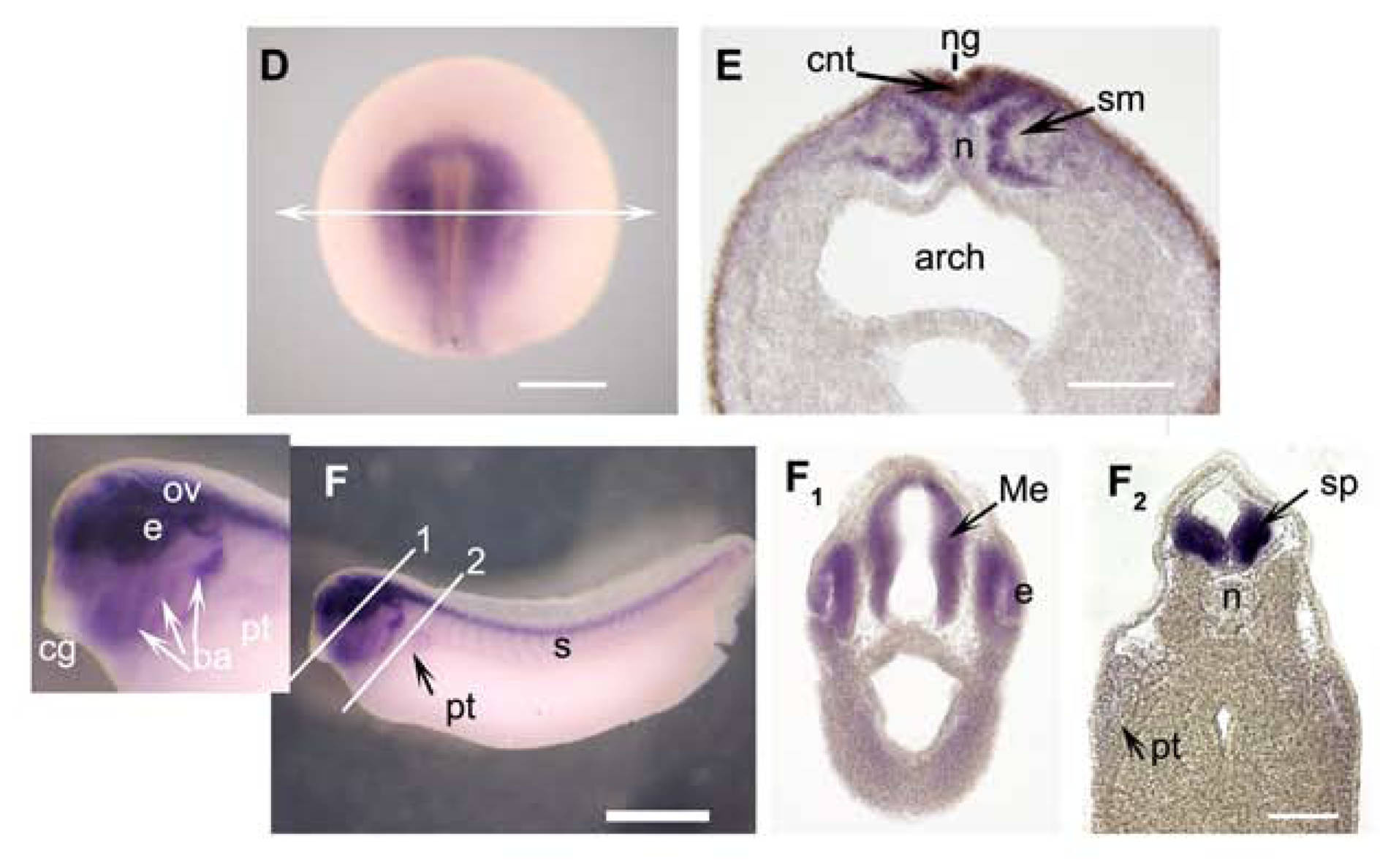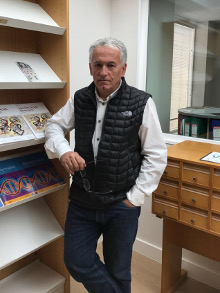José Ramón Naranjo
Group Leader
Research summary
We foresee the Ca2+-dependent transcriptional repressorDREAM as an active/central component of several nucleoprotein complexes that mediate specifically the various transcriptional cascades triggered by membrane depolarization in neurons or T cell receptor activation in lymphocytes.
Publications
Gonzalo-Gobernado R, Perucho J, Vallejo-Munoz M, Casarejos MJ, Reimers D, Jimenez-Escrig A, et al. Liver Growth Factor "LGF" as a Therapeutic Agent for Alzheimer's Disease. Int J Mol Sci. 2020;21(23).
Momtazi G, Lambrecht BN, Naranjo JR, Schock BC. Regulators of A20 (TNFAIP3): new drug-able targets in inflammation. Am J Physiol Lung Cell Mol Physiol. 2019 Mar 1;316(3):L456-L46
Dell'Orco D, Koch KW, Kreutz MR, Naranjo JR, Schwaller B. Neuronal Calcium Sensors in Health and Disease. Front Mol Neurosci. 2019 Nov 15;12:278.
Peraza DA, Cercós P, Miaja P, Merinero YG, Lagartera L, Socuéllamos PG, Izquierdo García C, Sánchez SA, López-Hurtado A, Martín-Martínez M, Olivos-Oré LA, Naranjo JR, Artalejo AR, Gutiérrez-Rodríguez M, Valenzuela C. Identification of IQM-266, a Novel DREAM Ligand That Modulates KV4 Currents. Front Mol Neurosci. 2019 Feb 4;12:11.
Lopez-Hurtado A, Peraza DA, Cercos P, Lagartera L, Gonzalez P, Dopazo XM, Herranz R, Gonzalez T, Martin-Martinez M, Mellström B, Naranjo JR, Valenzuela C, Gutierrez-Rodriguez M. Targeting the neuronal calcium sensor DREAM with small-molecules for Huntington's disease treatment. Sci Rep. 2019 May 13;9(1):7260.

Our major research focus is on the multifunctional protein DREAM and its role in the control of calcium homeostasis in health and disease.
DREAM (downstream regulatory element antagonist modulator), also known as calsenilin or KChIP3, is a Ca2+ binding protein of the neuronal calcium sensors (NCS) superfamily that interacts with specific sites in the DNA to repress transcription of target genes in a Ca2+-dependent manner. In addition, DREAM interacts with specific proteins to exert various specialized functions in different subcellular compartments. Thus, through the control of activity-dependent gene expression and through specific protein-protein interactions, DREAM participates in many physiological processes in and outside the central nervous system. Work reported by us and other groups has shown important regulatory roles for DREAM in learning and memory in the hippocampus, in pain control in the spinal cord as well as in the immune response, in inflammation, in the thyroid gland and in the placenta. Moreover, recent studies have shown the involvement of DREAM in neurodegenerative disorders including Huntington disease (HD), Alzheimer disease (AD) and Amyotrophic Lateral Sclerosis (ALS).
DREAM was originally associated with AD because of its interaction with presenilins, however, altered neuronal calcium and protein homeostasis and early compensatory changes in transcriptional programs are common features of many neurodegenerative disorders which open the opportunity to explore a role for DREAM in these pathologies.
In physiological conditions, binding of calcium or membrane lipids (e.i. arachidonic acid) regulate the interaction with DNA or with other proteins. Newly identified molecules, including glinides, modify DREAM conformation and activity upon binding. In this respect, our interest is to contribute to the definition of more specific DREAM binding molecules, to reveal the molecular mechanisms underlying their effect upon binding to DREAM and to assess their potential therapeutic actions on appropriate cellular and/or mouse models of target pathologies.








